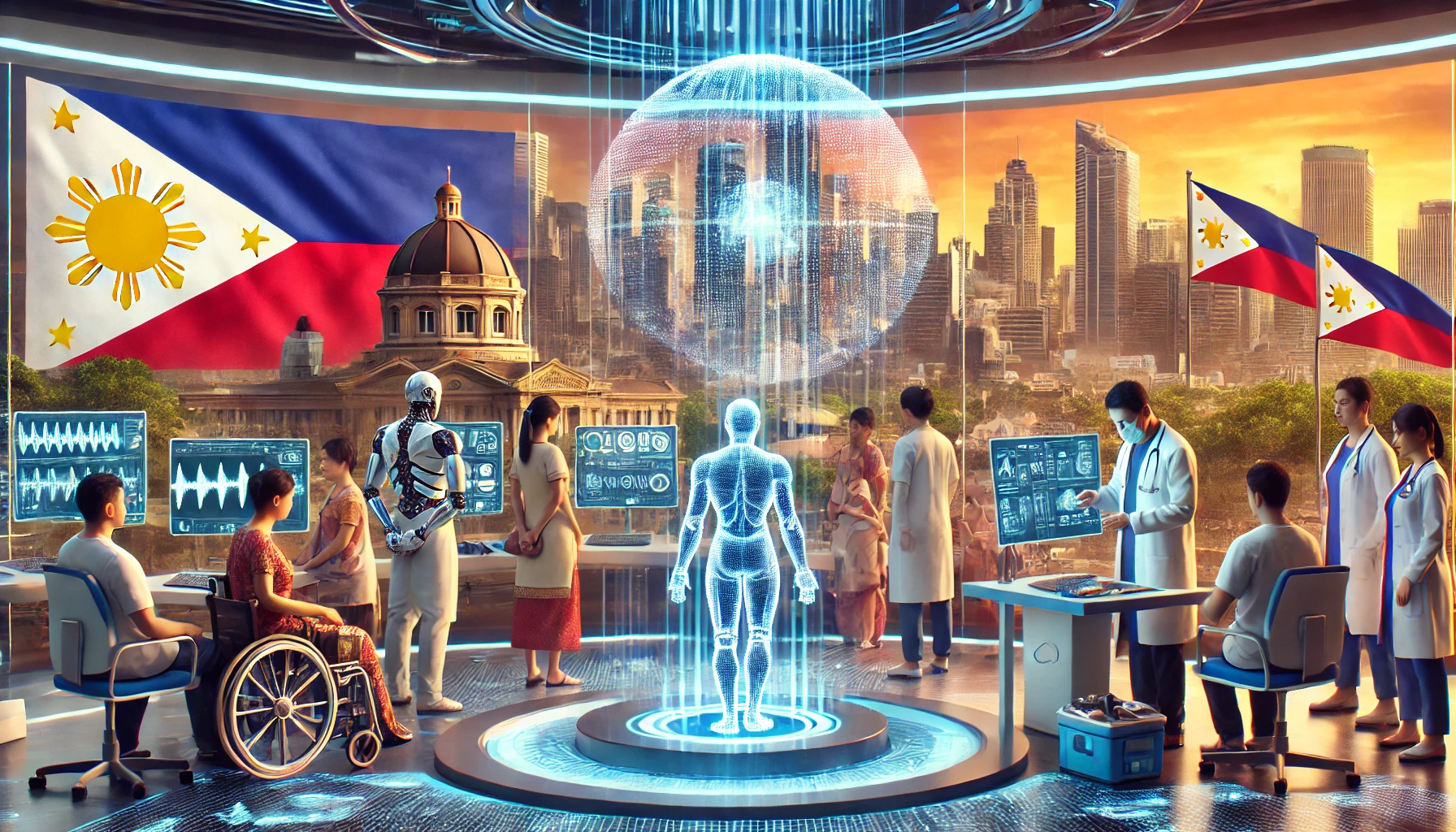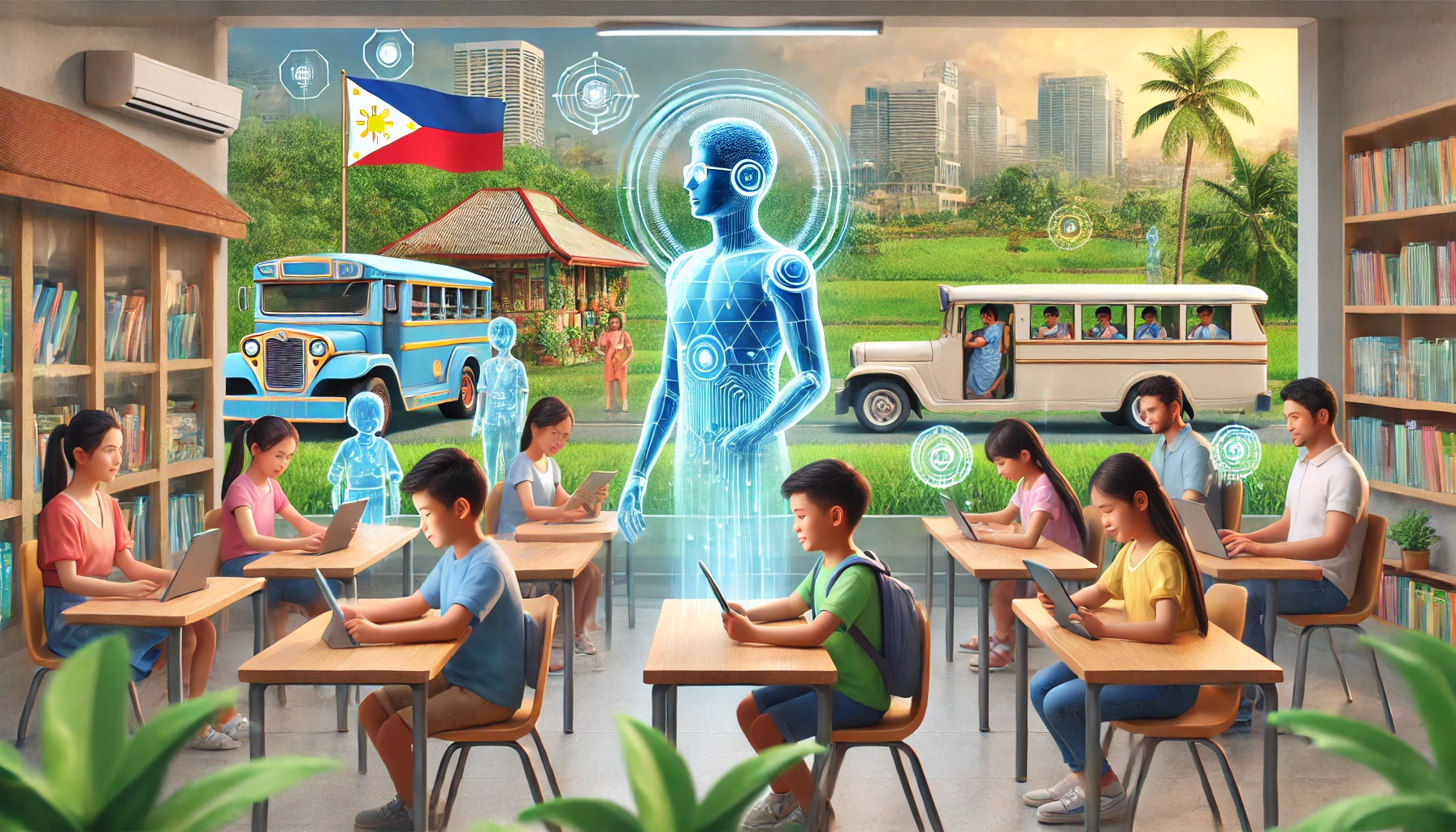Personalized medicine, the tailoring of medical treatment to individual characteristics, is becoming a cornerstone of modern healthcare. With the advent of artificial general intelligence (AGI), the potential for revolutionizing personalized medicine in the Philippines is immense. Here’s how AGI can catalyze this transformation:
1. Enhanced Diagnostics
AGI can process vast amounts of medical data, including genetic information, medical histories, and lifestyle factors, to provide precise diagnoses. In a country like the Philippines, where access to specialized healthcare can be limited in rural areas, AGI-powered diagnostic tools can bridge the gap. By analyzing patient data in real-time, AGI can identify diseases earlier and more accurately than traditional methods.
2. Optimized Treatment Plans
Personalized treatment plans based on genetic profiles, environmental factors, and even cultural preferences are a game-changer. AGI can analyze millions of data points to suggest the most effective therapies for each patient. This approach minimizes trial-and-error in treatments, reducing side effects and improving outcomes.
3. Improved Access to Healthcare
The Philippines faces challenges in healthcare accessibility, particularly in remote areas. AGI can power telemedicine platforms, enabling patients to receive accurate diagnoses and treatment recommendations without traveling long distances. This democratization of healthcare ensures that high-quality, personalized medicine is available to all Filipinos, regardless of location.
4. Drug Development and Repurposing
AGI can accelerate drug discovery and identify new uses for existing medications. This is particularly valuable in the Philippines, where budget constraints often limit access to cutting-edge treatments. By analyzing global data, AGI can recommend cost-effective therapies tailored to the genetic makeup of the local population.
5. Health Education and Awareness
AGI can also support public health by delivering personalized health education. For example, it can provide tailored advice on nutrition, exercise, and disease prevention based on an individual’s genetic predisposition and lifestyle. This proactive approach empowers Filipinos to take charge of their health.
6. Addressing Data Gaps
One of the challenges in the Philippines is the lack of comprehensive healthcare data. AGI can help aggregate and analyze existing data while safeguarding privacy. This enables policymakers and healthcare providers to make data-driven decisions to improve public health.
7. Affordability Through Efficiency
While AGI might seem like a high-tech solution requiring substantial investment, its implementation can lead to long-term savings. By reducing misdiagnoses, unnecessary treatments, and hospitalizations, AGI can lower healthcare costs, making personalized medicine more affordable for the average Filipino.
Challenges and the Path Forward
While the potential of AGI in personalized medicine is undeniable, challenges remain. Data privacy, ethical considerations, and the initial cost of implementation are significant hurdles. Collaboration between the government, private sector, and academic institutions is crucial to develop frameworks that ensure the safe and equitable use of AGI in healthcare.
Conclusion
AGI holds the promise of transforming healthcare in the Philippines by making personalized medicine accessible, effective, and affordable. By leveraging this cutting-edge technology, the country can address its healthcare challenges and usher in a new era of patient-centered care. The future of medicine is personal, and with AGI, it’s also within reach.
[SEO optimized]


